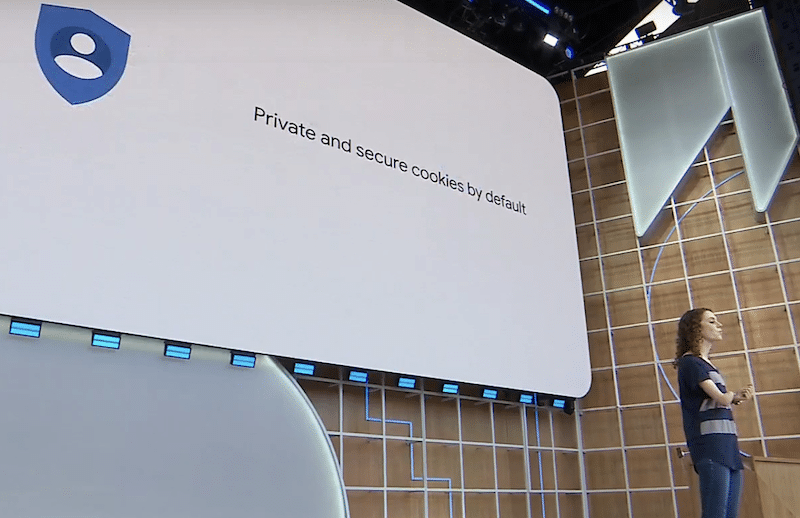In this week’s Google I/O conference, it was announced that the Chrome browser will make privacy changes on how cookies are stored. Cookies are tiny lines of code that websites attach to their visitors’ browsers to monitor browsing activity. The change brings Chrome closer to the privacy controls already offered through Apple’s Safari and Mozilla’s Firebox browsers. Before the end of 2019, Chrome will make it easier for their users to block or clear third-party cookies. How third-party cookies will get classified is still not completely understood.
Since Chrome’s global market share of browser usage is over 60%, this announcement starts the six-month countdown clock for advertisers who rely on cookie-based targeting and measurement tools. In the last few years Safari and Firefox browsers made similar changes that restricted advertisers use of cookies. Since their market share was so small in comparison to Chrome, most advertisers barely noticed.
Advertiser Implications
If you are an advertiser only using Google for cookie-based targeting tactics, like re-marketing, you probably don’t need to worry. Even if Chrome users choose to block all cookies, we expect Google will make user log-in data available somehow with new features that entice advertisers to keep spending with them. If you are using other ad technologies that place cookies in browsers to target an audience, you should revise your plans for next year.
Using cookies for audience targeting has been a staple of every well-rounded direct response campaign for close to a decade. Digital advertising tactics that rely on cookies such as re-marketing and prospecting for look-a-like audiences will certainly be impacted. Many ad tech companies have been preparing for the cookie’s death and will pitch new ways to target browser behavior. There will be innovations for advertisers, but they will be untested, less reliable, and more complex to implement.
Privacy and Complexity
This new browser setting is meant to improve privacy for those who use Chrome. While it offers some control of what information is shared, it doesn’t offer much privacy from Google. This is a win for everyone who worries about unknown companies tracking their browsing activity. It’s unfortunate for advertisers who use this tactic with the best intentions. Targeting an audience based on a clear signal, like which websites they have visited allows for more relevant ads to be served. Internet advertising is not going away, it’s just going to get more complicated to stay relevant with consumers.
The devil will be in the details and the announcement was light on details. As we get more information on timing for the inevitable, we will share. If you want to discuss ways your current strategy may need to change, please contact us.







